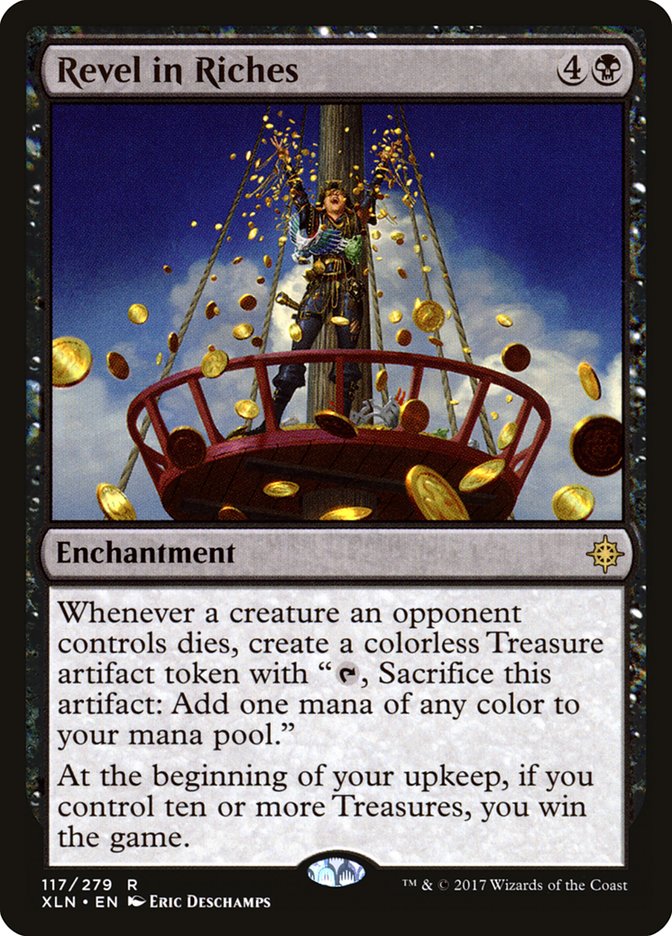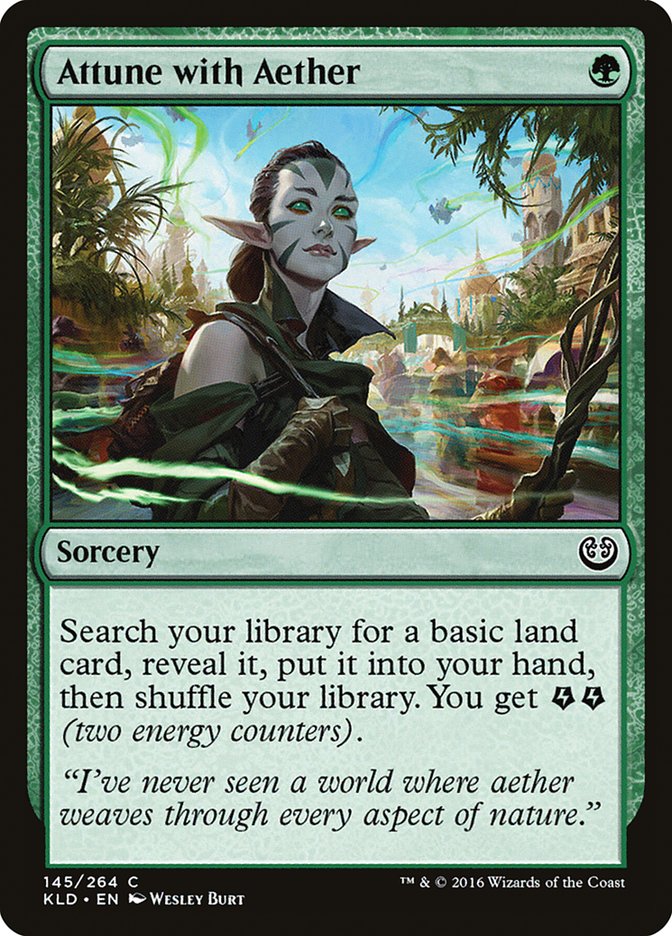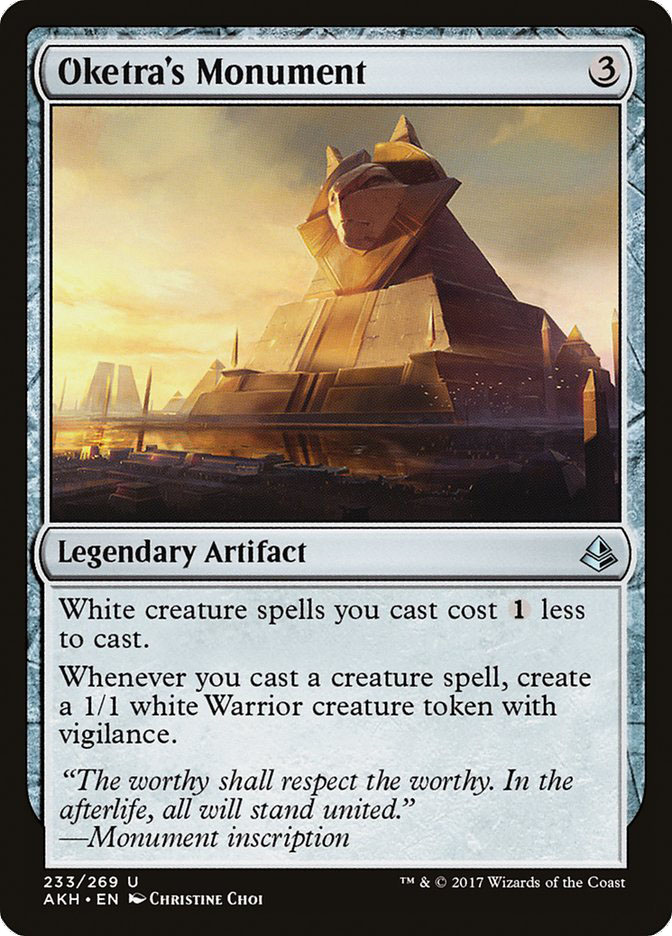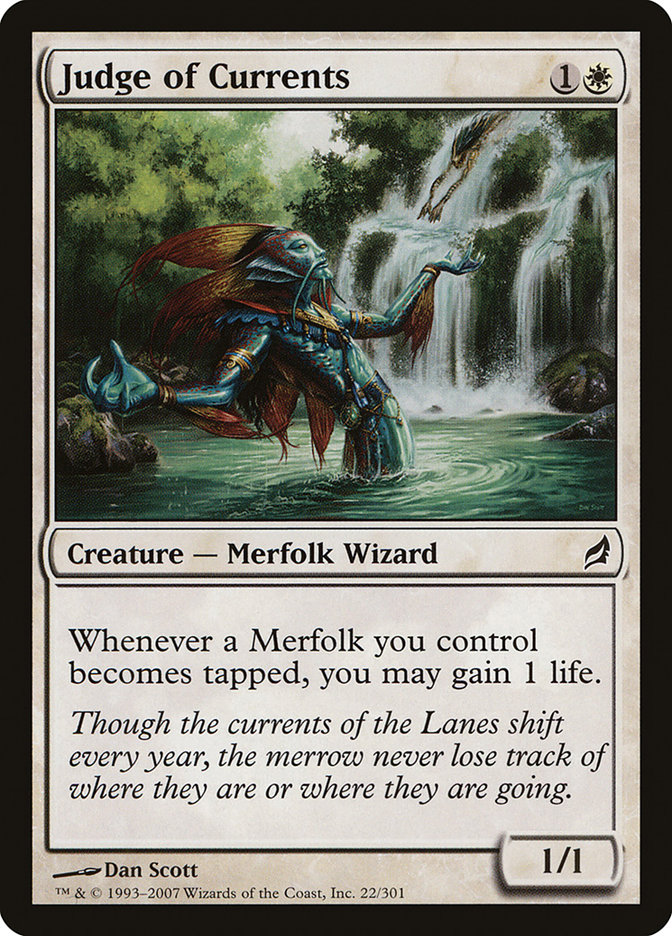I decided quite late that I would fly down to Atlanta for the last SCG-run Grand Prix for the foreseeable future. I wasn’t able to judge the event, but having worked so many of them for SCG over the last few years, I wanted to be there for the swan song. My weekend was less than successful, partly because of the state of mind I had going in and partly because I was not prepared. I wanted to spend this week talking about what I did wrong and how you, as largely store-focused brewers, can avoid the mistakes I made and head to your first SCG Tour event ready to dazzle the world.
Well, at least 10,000 people or so.
What Happened in Atlanta?
The Grand Prix was Standard. Even for someone like me who plays a fair amount of Magic and watches even more, that format is the most mutable. Heading in to the event, I had maybe five matches of play time in the format in the last couple of months. Judging, real life, and work had conspired to keep me away from playing, and although I watched Pro Tour Ixalan, I had not paid a great deal of attention to the metagame.
I made the classic rookie mistake of just picking the deck that won the Pro Tour (more on that later) and figured it would be enough to goldfish a few times and read an article. I know better than this, but I did it anyway. Hey, we’re talking about a guy who incinerated a grand to play this event; nobody ever said I was good at making decisions.
I would drop from the main event at 2-3, technically still live for Day 2 but not for any real quality play. I felt miserable, I was not having fun, and I knew I was going to make mistakes because of it. Having won Round 1 against the R/W Approach deck, I got a “faux-ture” match in Round 2 against Ramunap Red. I played really tight in the match…right up until I pulled a Yam Wing Chun and attacked with a stolen Hazoret the Fervent before emptying my hand (which I had more than enough mana to do) and died on the crack back. Yes, the swing was for lethal damage. I’m so good at this game.
I rallied to beat Mardu Vehicles, only to lose to runner-runner Glorybringers against Temur in Games 2 and 3, and then dropped after losing to U/W Approach. The misplays were plentiful, the suboptimal lines were too, and almost all of it could have been avoided.
Above All, Get Rest
I landed in Atlanta at 11pm Friday night. Due to slow Lyft drivers and a long drive to the hotel, it was past midnight when I got to my room. I had wisely chosen wonderful roommates for the event (hi, Paul, Mani, and Rick!) but still had trouble getting to sleep. With all of us in the room needing to be on site early, falling asleep at two in the morning only to be awoken by someone showering just after six is not a great formula.
Typically, when I travel to events, I want to get the earliest flight I can on Friday. If I am judging the event, I will almost always fly in on Thursday night. Getting enough rest before you need to be on top of your game is essential to peak performance, and many people (including me) have trouble adjusting to new beds and new surroundings. If you are not a big traveler, you might not realize it, but hotels are full of unusual noises: air conditioners cutting in, elevators, ice machines, people in the hallways. Give yourself the time to adjust.
Time zones are also a consideration. For me I am always changing time zones, as I live very far from basically everywhere. Many people can attend a dozen GPs a year without ever leaving their time zone, and to them I say, “Must be nice.” Be aware that an hour’s difference can be fairly quickly accommodated, but two or three hours will really take their toll if you aren’t ready for them, especially if you are going east.
As bad as physical fatigue can be, mental fatigue is perhaps more insidious. It is harder to spot and will hit you sooner, and in a game like Magic, the effects are more devastating to your chances of success. Don’t spend hours agonizing over single-card choices, which sleeves to use, which playmat to take, or which lucky shirt to wear. Save your limited mental bandwidth for the decisions that really matter.
Choose Your Deck Early
This is not FNM. When you sit down at an Open, your opponent could be anything from a hardcore grinder to someone in the exact same situation as you. One of the best ways you can get yourself an advantage is to understand your deck, what it does, what it cannot do, and how it wins… and loses.
That last part is perhaps the most important. Knowing how your deck wins is often quite easily determined, but knowing what beats it and how it beats itself will help with everything from mulligan decisions to knowing when to use removal or countermagic. This takes a lot more focus and thought, because the temptation to ignore the games you lose is very strong.
It might seem obvious, but you can only learn this by actually playing with the deck. Obvious, and yet when I sat down on Saturday morning for Round 1 (see, I told you I haven’t been playing much), I was playing my first game with the deck. I’m not a bad player and I can usually pick things up pretty quickly, but it was not wise to expect to pick up a deck and start winning with it right away.
Knowing that, it is a good idea to lock in a deck as early as possible. If the metagame shifts, make tweaks accordingly. If it drastically changes, you might need to rethink your plan, but that should be rare. In larger formats like Modern, it is almost unheard-of. There, knowing your deck is even more important because the format changes so slowly and there are far more competitive decks.
Set Goals and Proceed Accordingly
Not everyone goes to an Open or a GP intending to win the thing. Sure, it would be nice, but setting a realistic goal is important. For most of us, that isn’t going to be a trophy. My goal is usually twofold: get a feature, and make Day 2. You might want to finish with a positive record, or get people to read your cards, or get a deck tech. Whatever your goal, own it! Some might scoff at you for daring to be different, but ignore them. You are there for you and your enjoyment, not anyone else’s.
This point is really key to the above one, because the deck you choose should help you meet your goals. For Atlanta I had been working on the U/W Cycling deck that Eliott Boussaud played at the Pro Tour:
Lands (24)
Spells (37)
- 4 Renewed Faith
- 3 Fumigate
- 4 Cast Out
- 4 Drake Haven
- 4 Censor
- 4 Hieroglyphic Illumination
- 1 Forsake the Worldly
- 3 Farm
- 2 Abandoned Sarcophagus
- 2 Countervailing Winds
- 1 Djeru's Renunciation
- 3 Settle the Wreckage
- 2 Search for Azcanta
Sideboard

The deck was a lot of fun and had an inevitability to it, but I was scared of the single win condition in the maindeck and being dead to a few counterspells. I added The Locust God to the maindeck and was happier with it, but still chickened out because it just felt too…janky. You know, the exact sort of deck that gets you a feature match. I had also been playing this a lot on Magic Online:
Creatures (29)
- 4 Greenbelt Rampager
- 4 Crocodile of the Crossing
- 1 Exemplar of Strength
- 2 Rhonas the Indomitable
- 1 Defiant Greatmaw
- 4 Initiate's Companion
- 4 Resilient Khenra
- 4 Old-Growth Dryads
- 3 Merfolk Branchwalker
- 2 Deathgorge Scavenger
Lands (23)
Spells (8)

This deck basically just disregards everything the opponent does…except die. It likes it when they do that. Old-Growth Dryads and Rhonas’s Last Stand give the deck a very Stompy feel, but the deck is risky. There are cards that can absolutely backfire in the wrong matchup, but it is very fast and surprisingly beefy. The size of the creatures means you don’t have to overcommit to the battlefield too.
The problem with this deck was that it just didn’t feel fun. The first goal of any event for me, from FNM on up, is to have fun. If I don’t enjoy what I am playing (and I did not enjoy the Sultai Energy deck), the entire day will feel like a chore. When setting your goals, having fun should always be at the front of your mind. How you have that fun is up to you.
Eat Smart and Hydrate
Convention centers are dry places. Really dry. They also do not tend to have the best, most economical, or healthiest food available. Water can be hard to come by for less than $4 a bottle sometimes, and rounds can go long, making “buy food” a luxury action. One thing I always try to do when I arrive at my hotel is locate a nearby store that sells snacks and drinks at a reasonable price. Eating healthy can be hard on the road, but beef jerky and Clif bars are reasonable options to do so that are also easily portable. Nine rounds will take about ten hours, and if you are a slower player or playing a slower deck, then eating is going to be a challenge if you are not prepared.
Water is my drink of choice, but I know a lot of people need their energy drinks. You do you. The important thing is to keep those fluids coming in. On a related note, find the secret bathroom. Every convention center has one: the bathroom that is a little further away and thus underused. The dryness in the air does not just affect your water intake. This might seem weird, but…Chapstick. Your lips will thank me.
Make Reservations, Explore, and Enjoy
Many events take place in the downtown core of large cities, and of course they all happen on weekends. When the day ends, the already-busy restaurants in the area have over 1000 hungry Magic players descend on them looking for the same thing you want: a good meal. I cannot tell you the number of times I have had to wait 45 minutes or more for a table, or had to forego a restaurant I really wanted to visit.
There is a simple cure for this: make a reservation. Where possible, make them before the weekend, but you should be able to find a table somewhere as late as the morning of your plans. It won’t cost you anything but a couple of minutes, and you will be the envy of all the poor gamers standing in line for a table when you just walk right in and get one.
If at all possible, try to take some time to explore your host city. This is advice often given to judges, and it applies equally to players. There is so much to see in so many places around the world, and the inside of a dozen convention centres is not the extent of it. Get out there and look around!
Finally…Call. A. Judge.
One mistake I see over and over again is people willing to believe what their opponent tells them: how an interaction works, what the rules say, you name it. Remember, folks: your opponent does not have your best interests at heart. They want to make you lose. Judges are there specifically to answer your questions and help you. Use them! Trust me: they like it.
In all seriousness, calling a judge is never wrong. In Atlanta my opponent was rude enough to exile my Winding Constrictor with an Ixalan’s Binding. The sheer audacity of it! Not to worry, a few turns later I drew a second one! Great…except not. I cast it, my opponent reminded me, and I called a judge. He told me it was okay, and just to put it back in my hand. While I likely could have, I wanted to make sure everything was done by the book. As a judge myself, I knew I was opening myself up to potential teasing, but hey…I made the mistake. I got my warning, the game was repaired to a legal state, and we carried on.
The lesson here is that, even if you made a mistake, calling a judge is right. Sometimes they will see something else that went wrong. Sometimes the fix that your opponent is suggesting will actually make things worse. Sometimes your opponent is being shady and you don’t have the experience to catch it. Whatever the case, let the professionals figure it out. They are there to help.
That’s all we have for this week, folks. As always, thanks for stopping by. Over the next few weeks I have some weird ideas to explore, so buckle up for nonsense. Until next time…Brew On!







